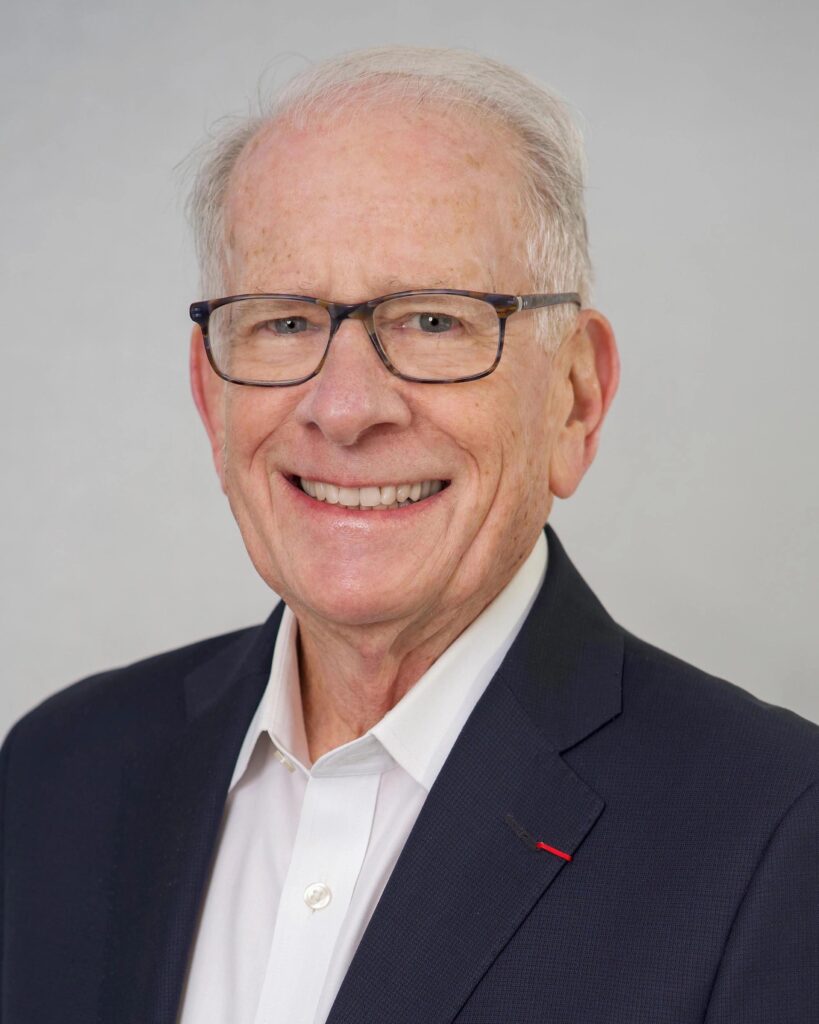Making the case for increasing international student enrollment in United States higher education
In 2005, two scientists, Dr. Drew Weissman and Dr. Katalin Karikó, published groundbreaking research about messenger RNA. It received little attention at the time, but more than fifteen years later, it led to the rapid development of COVID-19 vaccines. And this month, they received the Nobel Prize in Physiology or Medicine for their contributions. Where would we have been without the collaboration and persistence of Dr. Weissman and Dr. Karikó? What if Dr. Karikó, a biochemist originally from Hungary, had not received an invitation to conduct her research at a U.S. higher education institution?
International education is a long game, and most benefits are intangible. Yet, moments like this one remind us of its promise.
In September, the U.S. Department of Commerce reported that the U.S. labor force lost 1.4 million Americans in the last three and a half years, leaving critical shortages in aviation, K-12 education, construction and manufacturing, and nursing.
Thankfully, institutions, businesses, and people are coming together to create innovative solutions. For example, a Boston startup is partnering with the MGH Institute of Health Professions to enroll international students in its accelerated bachelor of nursing program. This is welcome news for everyone: if successful, this can provide a viable pathway for the 32,000 international students who come to U.S. institutions for health professions, and it can help to alleviate an overburdened healthcare system.
But as is the case with this year’s Nobel Prize laureates, solutions like this one will take experimentation, time, and persistence.

